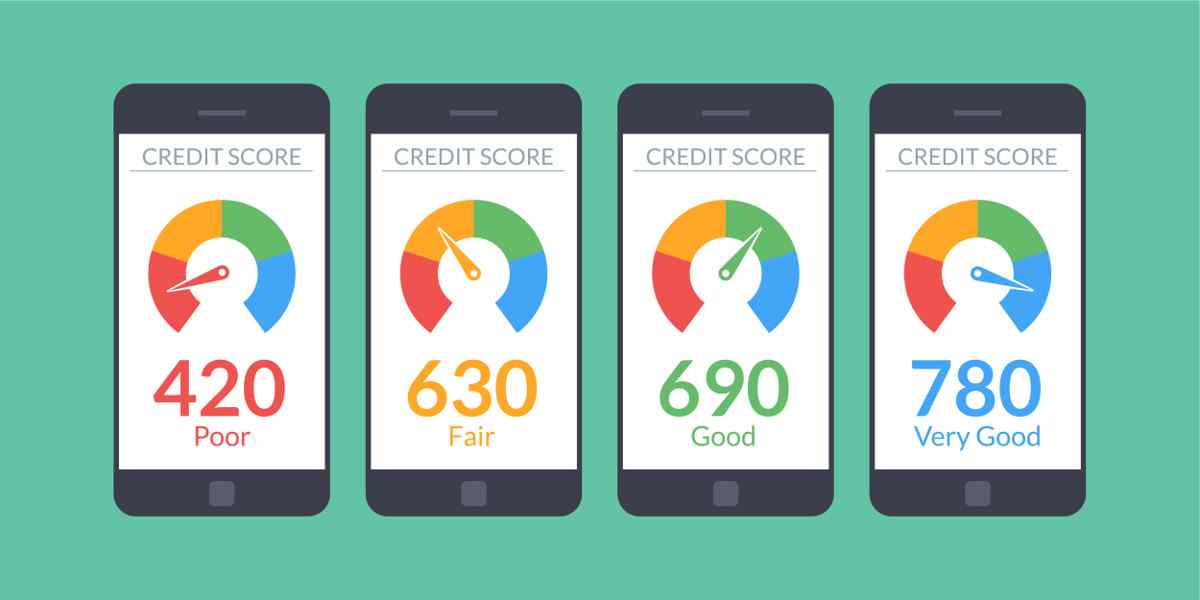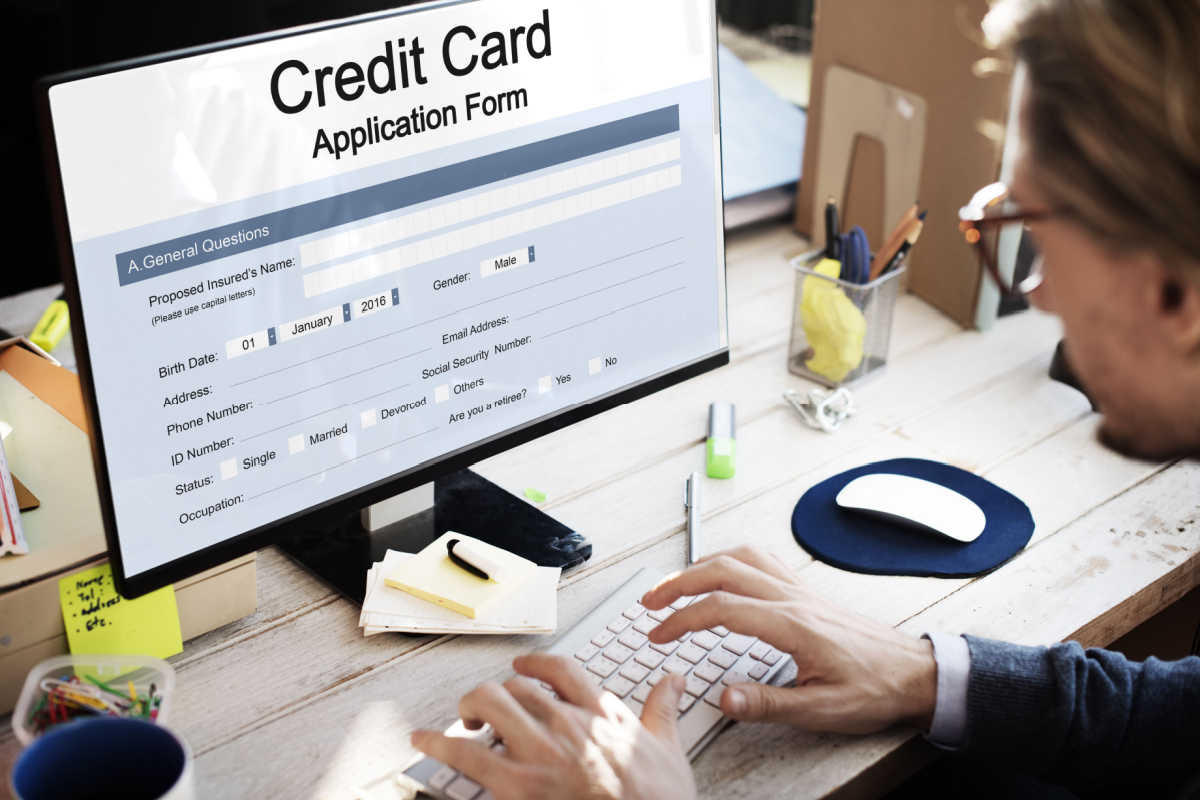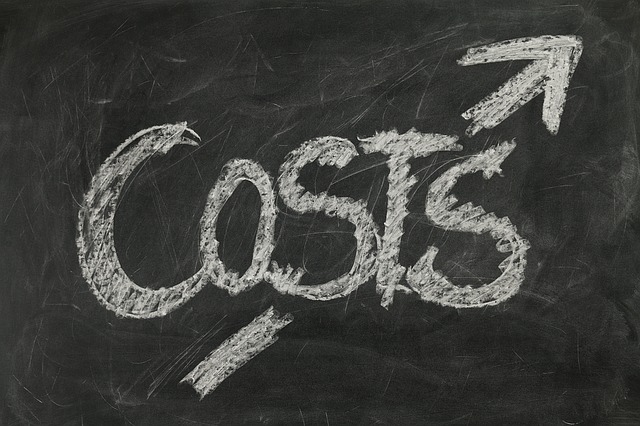How to Use an Installment Loan to Build Your Credit
A low credit score doesn’t have to stay that way, and improving your score doesn't have to be complicated. One surprisingly straightforward way to boost your credit score is by using an installment loan.
With an installment loan, you receive a lump sum upfront and repay it over a set period in fixed amounts. By consistently meeting the payment schedule of an installment loan, you demonstrate financial responsibility, which can positively impact your credit score.
Whether you're new to the world of credit or just looking for strategies, this blog is your one-stop guide. Read on to learn how installment loans can be a part of your financial strategy for a better credit score.
What Is a Credit Score, and Why Do You Need It?
A credit score is a numerical representation of an individual's creditworthiness based on their financial behavior and history. Here's a breakdown of what influences your credit rating:
- Payment History (35% of your score): Think of this as your financial punctuality. Have you been making payments on time? Late payments, even by a few days, can negatively affect your score.
- Credit Utilization (30% of your score): This looks at how much of your available credit you're using. If you have a credit card with a $1,000 limit and you've used $900, that's a 90% utilization rate. It's generally good to keep this number below 30%.
- Length of Credit History (15% of your score): This takes into account how long you've had credit. If you’ve had a credit card for ten years and always paid on time, it showcases more reliability than if you've had one for just a year.
- Types of Credit Used (10% of your score): Diversity is key. Having a mix—like credit cards, mortgages, or car loans—can benefit your score. It shows you can handle different kinds of debt.
- New Credit Inquiries (10% of your score): Every time you apply for new credit, your credit history will be checked. Too many checks in a short time can lower your score.
But why is a credit score so essential? A high score can open doors to favorable interest rates on loans, higher chances of being approved for credit, and even benefits like better insurance rates or rental agreements.

Conversely, a low score can restrict access to these opportunities. Essentially, maintaining a good credit score not only reflects responsible financial behavior but also broadens your options in the financial marketplace.
What Is an Installment Loan?
An installment loan is borrowed in a single lump sum and repaid in equal monthly installments. Auto loans, mortgages, and personal loans are all different types of installment loans.
There are two kinds of installment loans that may be offered to individuals who are trying to build their credit:
- Unsecured Installment Loans: An unsecured installment loan is a fixed-amount loan repaid in regular payments without requiring collateral like a car or house. Instead, approval relies on your creditworthiness. However, these loans often come with higher interest rates and more stringent qualification requirements.
- Secured Installment Loans: A secured installment loan is a fixed-amount loan repaid in regular payments, but it requires collateral such as a car or house. This collateral acts as a security measure for the lender, ensuring they can reclaim the asset if the borrower defaults. Because of this added security, secured loans typically offer lower interest rates and more lenient qualification criteria compared to their unsecured counterparts.
The amount, interest rate, and repayment terms of an installment loan will vary depending on the borrower's financial eligibility and creditworthiness.
How Installment Loans Can Help Build Credit
Installment loans can be a pivotal tool for those looking to establish or rebuild their credit. Proper management of such loans can offer a pathway to a healthier financial future. Here's how they can help:
- Timely Payments: One of the most influential factors in your credit score is your payment history. Making consistent, on-time payments on your installment loan showcases financial reliability. Over time, a history of timely payments can significantly boost your credit score.
- Credit Mix: Credit bureaus look favorably on a varied blend of credit types. Introducing an installment loan alongside other forms of credit (e.g., credit cards) indicates your adeptness in managing diverse debts.
- Loan Duration: Maintaining a long-term loan and consistently paying it demonstrates sustained financial discipline, contributing to a robust credit history.
- Establishing History: For newcomers to credit or those rebuilding, an installment loan offers a chance to create a new, positive track record. Securing and successfully managing an installment loan can create a positive credit footprint.
Strategies for Building Credit with Installment Loans
For individuals trying to boost their credit score, installment loans offer an accessible pathway to bolster your rating. Here are several effective installment loan strategies to help build your credit:
Pay Off the Loan with On-Time Payments
Consistency in the financial world is golden, especially when it comes to repaying loans. Each time you make a timely payment, you add a positive notch to your credit report. This consistent behavior signals to credit bureaus that you are financially disciplined. In turn, this responsibility can improve your credit score.
 But how can you ensure timely repayments?
But how can you ensure timely repayments?
- Set Up Auto-Pay: Leveraging your bank's auto-payment feature can be a game-changer. By automating your loan repayments, you essentially set it and forget it, ensuring no missed payments due to oversight.
- Use Calendar Alerts: In this digital age, use your smartphone or computer's calendar to your advantage. Set up monthly reminders a few days before your due date to ensure you're prepared.
- Budget: Create a monthly budget that factors in your loan repayment. When you visualize and allocate funds, it reduces the risk of spending money elsewhere and missing payments due to a lack of funds.
- Stay Informed: Regularly check in with your loan account. Familiarizing yourself with the balance, due dates, and any potential fees will keep you ahead of the curve.
Apply for Small-Sum Loans
In the journey of credit restoration, every positive step counts, and sometimes, starting small can lead to significant gains. For individuals with less-than-stellar credit scores, a small-sum installment loan could help start the journey to credit improvement. While no loan approval is guaranteed, individuals with blemished credit scores may find it easier to qualify for smaller amounts.
Ultimately, "small" is relative. For some, a small-sum installment loan might be $500, while for others, it could be $100. Gauge your financial comfort zone and consider amounts that you can confidently repay without straining your monthly budget.
Lenders often view smaller loans as less risky, and if you're someone who's rebuilding, this could be a feasible starting point. By successfully securing and managing a smaller installment loan, you can showcase your dedication to financial responsibility. Consistent, on-time repayments not only strengthen your credit history but also enhance your credit mix – both vital components of credit score computations.
Consider Longer Term Loans
Time can be one of your greatest allies in pursuing credit score rejuvenation. As such, a longer-term installment loan can be an opportunity to build your credit score. The idea is simple: the longer your loan, the more chances you have to show you're responsible with money. Each payment you make on time is like getting a gold star on your credit report.
Let's dive deeper into the advantages of longer-term installment loans:
- Extended Payment History: A longer loan duration means more payments over time. Each of these payments, when made punctually, reinforces your positive payment history.
- Stability in Credit Age: One element that credit bureaus value is the age of your credit lines. A longer-term installment loan can enhance the average age of your credit accounts, which can positively influence your score.
- Diverse Credit Mix: Having a range of credit types, from credit cards to installment loans, showcases to lenders your adeptness at managing varied financial commitments. A long-term installment loan adds a rich layer to this mix.
But as we celebrate the advantages, it's equally vital to be aware of the pitfalls and navigate them strategically:
- Budget Wisely: A longer commitment means careful planning. Ensure that you can sustain the loan repayments for its entire duration.
- Avoid Overborrowing: Extended terms shouldn't translate to unnecessary borrowing. Always operate based on genuine need and your ability to repay.
- Stay Informed: Regularly revisit your loan agreements. Understand the fine print and associated fees and remain vigilant about changes that could influence your repayment strategy.
How an Installment Loan Can Hurt Credit: The Risks and Drawbacks
While the benefits of installment loans are manifold, the potential drawbacks shouldn’t be overlooked.
 Installment loans can significantly boost your credit, but they can equally hurt your score in the following ways:
Installment loans can significantly boost your credit, but they can equally hurt your score in the following ways:
- Hard Credit Inquiries: Some types of installment loans require a hard credit inquiry during the application process. This can slightly decrease your credit score, particularly if you apply for several loans in a short period of time. Each hard inquiry stays on your credit report for roughly two years.
- Late or Missed Payments: The greatest risk of taking out a personal loan is that the borrower may be unable to pay it back. Missed payments and defaulted loans will quickly lower an individual's credit score.
- High-Interest Rates and Fees: Next, borrowers should consider the interest rate of the loan. Individuals with poor credit may only be offered loans with steep interest rates. These high rates can make it harder to keep up with repayments, resulting in missed payments and credit impact.
- Long-term Debt: With installment loans, you pay back a set amount over time. But, if you don't manage them well, you can end up in a cycle of constant debt. This can lower your credit score, especially if you miss or are late on payments.
- Risk of Default: Secured installment loans are backed by collateral, which means that in the event a borrower fails to meet the repayment schedule, their collateral could be repossessed. Such defaults and asset repossessions can lead to a severe drop in an individual's credit score, damaging their credit history.
Other Ways to Help Your Credit
Using a strategic installment loan, along with other credit-building methods, can help you build a healthy credit score over time. Here are some other ways to manage credit responsibly:
Regularly Check Credit Reports
Think of your credit report as a financial report card. Regularly reviewing your credit report isn't just about seeing a number; it's about understanding what's behind that number. By keeping an eye on it, you can:
- Spot Errors Early: Mistakes happen. Maybe a payment was wrongly reported as late, or there's an account you don't recognize. Catching and fixing these errors can prevent unnecessary damage to your score.
- Stay Informed: Understanding what's in your credit report helps you make better financial decisions. For example, if you see high credit card balances affecting your score, you can prioritize paying those down.
- Identify Potential Fraud: Regular checks can help you spot unfamiliar activity, which might be a sign of identity theft. Acting fast can protect both your money and credit score.
Reduce Your Debt
The more debt you have, the more it impacts your credit score. For those with less-than-perfect scores, reducing this financial burden is key to building a brighter credit future. So, where do you start if you want to lower your debt and increase your credit score?
- Prioritize High-Interest Debt: Start with debts that accrue interest the fastest, often credit cards. By tackling these first, you minimize the total interest paid, freeing up money faster for other debts.
- Draft a Detailed Budget: Note down every income source and expenditure. Identify areas to cut back and allocate those savings to your outstanding debts. Apps like Mint or YNAB can help you stick to your budget.
- Seek Professional Advice: A credit counselor can offer tailored strategies, potentially consolidating your debts or negotiating lower interest rates on your behalf.
- Avoid New Debt: Use cash or debit cards for daily expenses, reserving credit for emergencies. This ensures you don't accumulate more debt while trying to reduce what you already owe.
- Negotiate with Creditors: Sometimes, by simply reaching out and expressing a genuine intent to repay, creditors might offer you a reduced settlement or a more manageable payment plan.
Limit New Credit Applications
Every time you apply for credit, lenders do what's called a “hard inquiry” on your credit report. It’s their way of checking how trustworthy you are with money.
But here's the catch: each hard inquiry can slightly dip your credit score. While a single inquiry might not make a significant dent, multiple ones in a short span can. It signals potential desperation for credit, making lenders hesitant.
 If you need a cash boost but don’t want to apply for a loan or line of credit, you still have options available. Here are some alternative financing avenues you can explore:
If you need a cash boost but don’t want to apply for a loan or line of credit, you still have options available. Here are some alternative financing avenues you can explore:
- Borrow from Loved Ones: Sometimes, family or friends might be willing to lend you funds with little to no interest. Ensure you communicate repayment terms clearly to maintain trust.
- Explore Employer Advances: Some employers might be open to giving an advance on your salary if you need emergency funding.
- Government Assistance Programs: Depending on your location and circumstances, you may qualify for federal or state-run aid programs. For instance, in the U.S., programs like Temporary Assistance for Needy Families (TANF) or Supplemental Nutrition Assistance Program (SNAP) can provide financial aid or food assistance.
- Unemployment Benefits: If you've recently lost a job, check if you're eligible for unemployment compensation. This can provide a temporary cushion while you seek new employment.
- Local Non-Profit Organizations: These entities often run programs to aid residents with bills, food, or even job training.
Become an Authorized User
One lesser-known strategy to enhance your credit is becoming an authorized user on someone else's credit card account. This means you get a card linked to their account and are permitted to make purchases. But here's the magic: if the primary cardholder has a good track record of timely payments and responsible use, you get the benefit of that positive credit behavior on your credit report, too. It's a bit like getting a head start in the credit game by leveraging someone else's solid performance.
You do not have to be related to the primary cardholder to become an authorized user. Anyone can be added as an authorized user on someone else's account as long as the primary cardholder and the credit card issuer permit it. The decision is typically up to the primary cardholder.
However, while the advantages can be remarkable, there are caveats. First, not all credit card companies report authorized user activities to credit bureaus, so ensure you choose one that does. Also, if the primary cardholder starts missing payments or racks up high balances, that negative behavior will reflect on your report.
Get a Secured Credit Card
A final credit-building strategy is to obtain a secured credit card. A secured credit card is a bit like a cross between a traditional (unsecured) credit card and a savings account. Here’s the breakdown:
- Security Deposit: To get a secured card, you'll be required to make a security deposit. This deposit often determines your credit limit. For instance, if you deposit $500, your credit limit will typically be $500.
- Usage: Once you have the card, you can use it just like any other credit card – to make purchases online, in stores, pay bills, etc.
- Monthly Statements and Payments: You'll receive monthly statements outlining your transactions, balance, minimum payment due, and due date. Even though you have a deposit with the credit card company, you still need to pay your monthly bill. The deposit is a safety net for the issuer, not an amount for you to draw from.
- Interest and Fees: If you don’t pay off your full balance by the due date, you'll be charged interest on the remaining balance. Secured cards often have higher interest rates than unsecured ones. Also, they may come with annual fees and other charges.
The most beneficial aspect of a secured credit card is that the issuer usually reports your payment history to the three major credit bureaus. Timely payments can positively impact your credit score. To ensure you're on the path to credit-building success, follow a few golden rules:
- Spend less than 30% of your credit limit. So, if your limit is $500, try not to charge more than $150.
- Pay your balance in full every month. This shows lenders you're responsible and can manage debt.
- Regularly review your statements to ensure there aren’t any errors.





